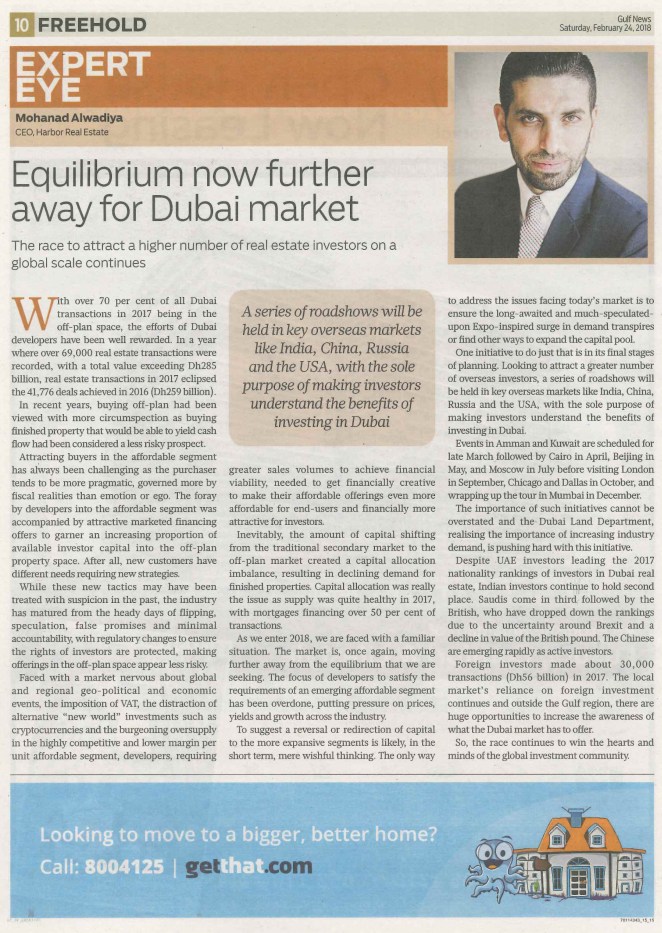Now that the market has entered its correction phase, the time has come to consider whether you should take advantage of value opportunities that are starting to appear and benefit from the capital appreciation that is likely to accumulate over the coming five to seven years. For those who don’t have the cash readily available, the first step is to organise a pre-approved home mortgage. It’s always best to be in a position to make an offer for a house with your mortgage pre-approval in place rather than expect to arrange your mortgage once heavily involved in a negotiation process.
So, how to go about selecting the right mortgage for you?
You must first envisage your economic circumstances at least two years into the future and ask yourself the question … “Given my projected earning capability and desired lifestyle, what mortgage payment will be financially feasible and acceptable to me in two years’ time?”
Why two years’ time?… because most mortgages interest rates on offer at the moment are locked in for two years, after which you will be subject to likely interest rate increases as after an initial two year period of fixed interest rates, the mortgage reverts to a variable rate.
First of all, estimate your projected earning capability. Be real. We all hope to progress rapidly in our professional (a.k.a. financial) pursuits but there are generally more people disappointed than delighted with their achievements. And, notwithstanding the latest reports of 5% salary increases for Dubai employees in 2015, history has shown that salary increases generally tend to lag cost of living increases so conservatism in estimating future cash-flows is a must. Then there is lifestyle. Is there a new baby planned in the near future? … a new car perhaps? What effect will significant family or lifestyle events have on disposable income? Are there existing children who will need to start school in that time frame? All these events will have an effect on disposable income and thereby decrease the financial flexibility to address interest rate shocks. And finally, what is financially feasible may not be acceptable to you or your spouse. How much sacrifice are you and your partner willing to make to service your mortgage? What are you willing to do without and what lifestyle changes are you prepared to make? Once again, being honest with oneself is paramount.
So, notwithstanding correcting markets, value opportunities and cheap finance, cautious financial planning based upon realism and self-honesty is key when planning the purchase of your dream home. Your future happiness could well depend on it. As a general guide, we recommend that not more than 40% of your household disposable income be devoted towards paying down your mortgage. So once you have determined what type of repayment you are willing to commit to, then it’s a case of determining the mortgage amount you can actually afford. This will be determined by the Loan to Value ratio (LTV) you are prepared to accept, the amount of your own cash savings you are prepared to put towards the property, the tenure of the loan and the interest rate that you expect to be paying initially and well into the future.
When talking to mortgage providers, they will help you assess what mortgage is best for you by looking at a number of specific factors such as other debts (including credit cards) you may have, reliability of current and future income streams, the Loan to Value ratio that you would be seeking, the type of mortgage you prefer, your true disposable income and what other assets that you may own. Don’t be surprised if different mortgage providers suggest significantly different mortgage solutions for your requirements including repayment options. These will include the most common type of mortgage known as the Capital and Interest (Reducible Balance) Repayment Mortgage but you may also consider interest-only payments, part repayment and part interest-only mortgages although these types of mortgages are usually used for very specific investment purposes. Then it’s a case of deciding if you wish to undertake a fixed rate, variable rate or fixed/variable combination mortgage. Once again you need to think long term. If you think that mortgage rates are likely to rise and you would like to lock in a fixed rate of interest for the foreseeable future as long as you understand that once the fixed interest rate term comes to an end, a variable interest rate will apply. In many cases, the variable rate will be greater so planning is essential. If however, you expect interest rates to fall in the near future, a variable interest rate mortgage would make better financial sense as long as you have the flexibility to handle an increase in mortgage payments if interest rates do not follow your predictions and unexpectedly rise. There are a number of items which you should pursue as part of your mortgage negotiations. Try and have the mortgage establishment fees waived. Depending on the institution, this may save you up to AED3, 000. Also request that you are not penalised for paying the mortgage down faster or in its entirety. By law, the mortgage provider cannot charge you more than 1% of the outstanding amount or a maximum of AED10, 000, but you should try to have this stipulation dropped from your mortgage contract.
And finally, make sure your mortgage provider will allow you to utilise the equity being built up in your home as you diligently pay down your mortgage. This equity will compound if the value of your property is increasing due to favourable economic or market factors. Some lenders will allow you to use this equity as security for further borrowing. This can be very handy if you want to make some major home improvements, buy a new car or perhaps invest in another property. When selecting a mortgage, the key is to know what you need and pick the one that best suits you over the long term.




